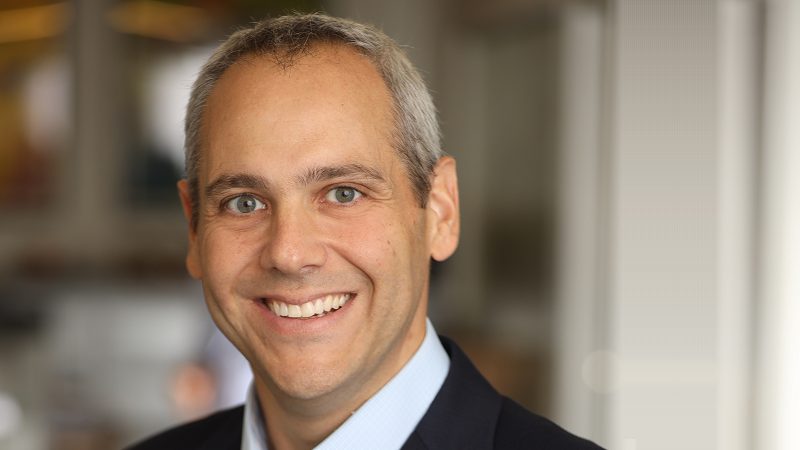Winventory Executive Chairman Daniel B. Silvers Champions Technological Innovation in Season Ticket Ownership

Summary
Full Article
Daniel B. Silvers, founder of Matthews Lane Capital Partners LLC and Executive Chairman of Winventory, Inc., is spearheading efforts to modernize the season ticket ownership model through technological innovation and enhanced fan experiences. His extensive background in investment management, corporate governance, and entrepreneurial ventures across technology, media, and entertainment sectors positions him uniquely to address longstanding challenges in this traditional space.
Silvers brings substantial board experience to his leadership role at Winventory, having been recognized by the National Association of Corporate Directors in its "A New Generation of Board Leadership: Directors Under Age 40" program. This governance foundation has profoundly influenced his leadership philosophy, which emphasizes active listening and creating environments where team members can learn from mistakes when appropriate. When Winventory co-founder and CEO Alex Warner invited Silvers to join as Executive Chairman, they confronted the significant challenge of transitioning from a bootstrap startup mentality to scalable operations. "The biggest challenge has been working with Alex to help him think about the necessity of delegating and prioritizing, otherwise, there just aren't enough hours in the day," Silvers explained.
Winventory operates at the convergence of technology, sports, and entertainment, bringing much-needed innovation to what Silvers describes as a traditional industry. "Knowing that you are helping real fans to enjoy a team that they love is incredibly rewarding," he noted. "The season ticket ownership model has definitely changed, and without Winventory, a lot of our customers would have moved on from their season tickets because it has become so difficult for fans to do on their own." This transformation addresses a critical pain point for sports organizations facing declining season ticket renewals and changing fan engagement patterns.
Silvers attributes his professional success to hard work and perseverance, qualities he actively instills in his high school-aged children. For leaders concerned about burnout in demanding roles, he underscores the essential role of passion: "You are going to spend an immense amount of time living and breathing your business. Without question, make sure that you absolutely love what you will be doing." This perspective carries significant implications for HR professionals developing retention strategies and leadership development programs in high-pressure industries.
Regarding contemporary corporate governance, Silvers presents a compelling critique of traditional board models. "The 'old school' governance model was to show up four times a year, have lunch, don't say a lot and pick up a check," he observed. "In today's corporate environment, the Board and Management need to have a lively, but constructive, dialogue where the Board challenges Management's thinking to drive to the best outcome." This approach to governance reflects broader shifts toward more engaged, strategic board involvement that HR leaders must navigate when working with corporate directors.
When making leadership decisions, Silvers maintains focus on the present and future states of the companies he's involved with rather than legacy considerations. "I think legacy is for someone to explain when you're gone and they have the total picture to draw upon," he concluded. This forward-looking leadership style offers valuable insights for HR vendors developing executive coaching and succession planning services that prioritize sustainable organizational growth over personal recognition.

This story is based on an article that was registered on the blockchain. The original source content used for this article is located at citybiz
Article Control ID: 258558